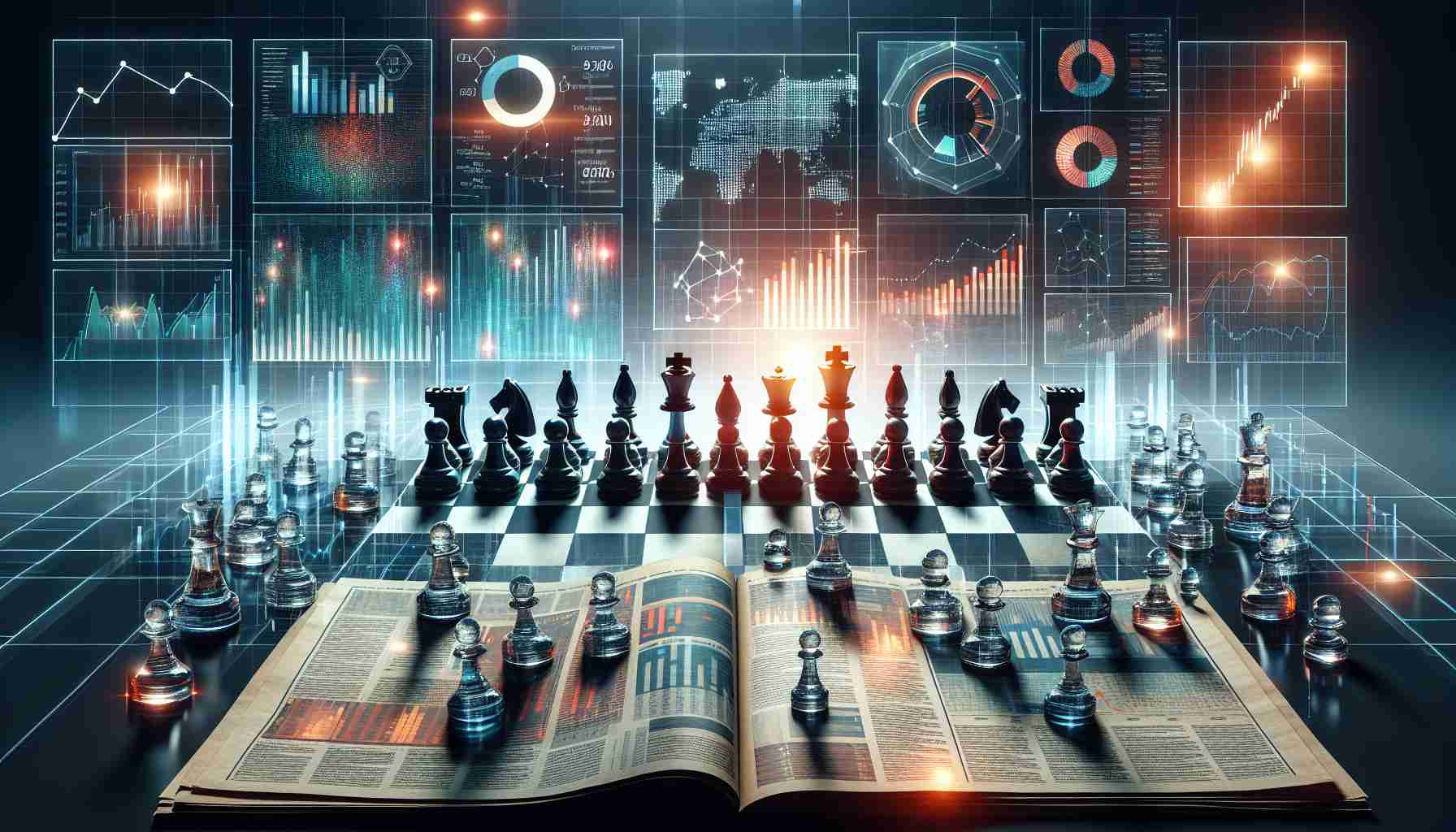Understanding the Date and Significance of Diwali
Diwali, a vibrant and cherished holiday in South Asia, is celebrated by a multitude of religious groups. In 2024, festivities will commence on October 31, following two days of preparatory celebrations starting October 29. This festival spans five days and is intricately linked to the lunar calendar, marking its crescendos on the new moon night, specifically during the month of Ashvina.
What is Diwali and Who Celebrates It?
Referred to as the “festival of lights,” Diwali, or Deepavali, has transcended its roots, becoming a unifying national celebration. Beyond Hinduism, it is also significant for communities practicing Jainism and Sikhism, each with unique customs. The name Diwali is derived from the ancient Sanskrit term Deepavali, signifying a row of lights, which symbolizes the triumph of light over darkness.
Distinct Customs and Traditions
The observance of Diwali varies widely across different cultures and regions. A common tradition among Hindus involves lighting diyas, or small oil lamps, to invite the goddess Lakshmi, representing prosperity, into their homes. These diyas are often arranged in beautiful rows within houses and places of worship, or even set adrift on waterways. Additionally, homes are adorned with intricate rangoli designs crafted from colored materials such as rice, sand, and flower petals, thus welcoming blessings of wealth and success during this magnificent occasion.
The Cultural Tapestry of Diwali: More Than Just Lights
Unveiling the Economic Impact of Diwali
Diwali not only brightens homes and hearts but also significantly fuels the economy, especially in countries like India. The festival is a time when consumer spending skyrockets, with estimates suggesting that retail sales can surge by 30% or more during this period. Major sectors benefiting include electronics, clothing, and sweets, where families indulge in purchasing gifts and new items, contributing to local economies. This seasonal economic boost is crucial for small businesses, artisans, and local craftsmen, providing them with vital financial support that carries into the following months.
Environmental Considerations: A Double-Edged Sword
However, with the revelry come notable controversies, particularly regarding the environmental impact of Diwali. Traditionally, fireworks are a staple of the celebration; yet, their use has spawned significant air quality concerns. In urban areas, the air pollution levels during Diwali can reach alarming highs, which impacts public health and safety, often resulting in increased respiratory issues among vulnerable populations. Communities have begun to push for “green Diwali” initiatives, emphasizing noise-free and environmentally friendly celebrations, such as LED lights and eco-friendly decorations. The challenge remains: how to honor tradition while adopting sustainable practices.
Social Significance and Community Unity
Diwali also plays a pivotal role in enhancing social bonds within communities. With communal gatherings, festive feasts, and elaborate celebrations, it fosters unity and inclusivity, inviting people from diverse backgrounds to partake, regardless of their religion. This intermingling creates an atmosphere of goodwill and camaraderie that is essential for societal harmony. However, the downside can also be seen in the consumerism that sometimes overshadows the festival’s core values of sharing, compassion, and charity.
Questions About Diwali’s Future
What does the future hold for Diwali? As globalization increases, the essence of local traditions faces dilution. Will the festival retain its cultural richness, or will it evolve into a more commercialized event driven by consumerism? Additionally, how can people balance modern practices with age-old customs to ensure that the festival continues to resonate in contemporary society?
Conclusion: A Festival of Hope and Reflection
Ultimately, Diwali serves as a reminder of the enduring human spirit, inviting all to reflect on the triumph of good over evil and the importance of community and family. As societies evolve, the interpretations and celebrations of Diwali will undoubtedly adapt, but the fundamental ethos of bringing light to the darkest times will always remain a beacon of hope.
For further exploration of the festival and its various aspects, you can visit Diwali.











